Hotel Paradiso & The Records That Roused Moon Mullins' Atmospheric Compositions
A deep dive into the Brooklyn-based composer's new record, as well as his favorite Exotica, Ambient, Jazz and Concept albums
Three years ago, I sat in the ethereal glow of a disco ball far too big for the surrounding space. At the time, “Moon Mullins” meant nothing to me. Leaned up against the basement venue’s slick wall, nibbling on a special kind of chocolate bar, I put my faith in my roommate Fredo, who had gleefully dragged me to the show.
The dinky stage was cramped with beautiful instruments. Mostly vintage synthesizers. A tall man dressed in retro 60s attire took his seat behind the keys. His mustache was thin, his gold chain even thinner. As my vision started to undulate like the deep sea, I watched in awe as he closed his eyes, dipped his head toward his hands, and led his band into a subtle, swelling song.
The crowd was dead-quiet; we couldn’t quite categorize what we were seeing, or hearing. But everyone was entranced by the sound — a meticulously planned arrangement of mesmerizing instrumental pieces.
Similar to the recordings of operatic-whistler Molly Lewis, the precise tranquility of Sean Mullins’ solo project embraces an exquisite absurdity. If only because modern listeners aren’t used to experiencing the synthetic world he’s created. Mullins’ songs are atmospheric, yet unique to some lost era, an aesthetic moment in time.
Watching the Brooklyn-based artist play live induced a weightlessness in me. His songs are not boundless ambient performances; they are deeply thoughtful — rooted in classical composition — and refreshingly succinct.
And I don’t believe there’s been a better time to listen to Moon Mullins then now.
Especially with the release of Hotel Paradiso, Mullins’ newest record — a conceptual soundscape designed to transport listeners into a tropical mid-century modern realm. Sip your martini, scoot into the hotel’s conversation pit, forget your place in the world, and simply melt away.
Before you continue on to my interview with Mullins, in which we chat about the albums that inspire his songwriting, here’s a quote pulled from Winston Cook-Wilson’s write-up on the back of Hotel Paradiso's record sleeve. It perfectly describes the sonic world Mullins set out to create.
Hotel Paradiso takes place in less than 24 hours, and ends with the onset of blissful slumber. We aren’t forced to imagine the Traveler in any discomfort, suffering the after-effects of their nighttime jaunt or having to leave their weekend oasis at checkout time. The wider world is left outside of the picture, as if it could disappear entirely if we kept listening.
So Sean, what genres do you feel best describe your music?
I feel like I’m at the nexus of Exotica and Ambient, and Library music.
Is “Library” music different from “Elevator music”?
Yes. I often associate Library music — what I know about it, at least — with the 60s and 70s Italian film designers who were making music for films that weren’t necessarily written yet. Film directors would go to these music libraries to find things that might fit their scenes.
Oh. So it’s not music one would listen to in a library.
Yeah, libraries of music.
Makes sense. I guess libraries are supposed to be silent...
One of my favorite Italian composers that I got really into while making this record is Alessandro Alessandroni, especially — [Mullins pulls a vinyl record from his tote bag] — Prisma Sonoro, which I think is his best album.
Prisma Sonoro (1974)
How did this record influence Hotel Paradiso?
The arranging. It really inspired me to work strings and woodwinds into the album. My previous album was mostly just synthesizers, but on the new record, I had friends play clarinet, oboe, flute, and strings.
I’ve listened to your records a lot at home, and have seen you perform two of them in their entirety; they have a similar sound but differ in interesting ways.
Water Your Flowers is tied more to Japanese Ambient music — that’s what I was obsessed with at the time.
Anything specific?
Well, Hiroshi Yoshimura is my god, he’s kind of the main one. But I have a compilation that Light In The Attic Records put out called Kankyō Ongaku — it’s the Japanese term for “environmental music.”
Those Ambient sounds are still inherent to Hotel Paradiso, but I wanted it to feel like a more cohesive album.
Kankyō Ongaku: Japanese Ambient, Environmental & New Age Music 1980-1990 (2019)
How so?
There’s a bit of a story that drives the music.
So you would call Hotel Paradiso a concept album?
Definitely. It’s one night in a luxury hotel, which could be anywhere that’s vaguely tropical, or at least coastal. Probably European, but not necessarily. A vacation for sure.
Was there somewhere you traveled that inspired you?
No, no. It’s out here, man — [points to the sky] — I can’t quite name it.
Well I’ve been imagining retro aesthetics while listening, a certain atmosphere. Are you influenced by Pink Floyd at all?
Not really.
So you’re not a classic rock guy?
Not at all.
Wow, so what did you listen to as a teenager?
Jazz. That’s why I moved to New York, to play Jazz drums. I had hundreds of jazz CDs as a teen…
Who was your gateway into Jazz?
Philly Joe Jones. He was a drummer with Miles Davis in the 50s. It was all about drums for me, but also Coltrane and Miles were big inspirations.
For me, it was Ahmad Jamal.
Ahmad is my favorite. Absolute favorite. At The Pershing — that’s my dose of heaven.
Ahmad Jamal At The Pershing: But Not For Me (1958)
Considering your obsession with jazz drumming, if someone told you back then that one day you’d have a synthesizer-centric solo project, what would you have said?
Really good question, man. I think I could have believed it by the end of college. But at the start of school, I would have said you were crazy.
What changed?
I wouldn’t say I fell out of love for the drums, but I think I began appreciating the whole product of music. I used to be obsessed with drums, but now I want to make the whole thing — I want complete control of every aspect [laughs].
I was curious about the difference between recording in your apartment and playing live with a band — do the arrangements change at all?
The guys I have do such a good job — they really do their homework — so it only changes slightly. And that’s what I want, but I also need to come to terms with opening it up.
Do you ever see yourself including an improvisational element to your live shows?
No [laughs]. There are small moments, but I don’t imagine a solo or anything like that. I really appreciate music that is precise and well-arranged.
I think “precise” is a good word to describe the music you are making. Do you think of every song as its own little world?
Yeah, sure, but also part of a bigger world.
What are some of your favorite concept albums, or records that construct a world?
The Party by Andy Shauf.
My god…talk about great clarinet.
I got to tour with Andy in 2021 and 2022, for Neon Skyline.
No way, I had tickets to that tour. How’d you get involved?
Hannah Cohen and I opened for his other band, Foxwarren — we toured with them for five weeks in 2019 and then he asked us to join his next run.
The Party (2016)
I’d say The Party is one of my most listened to records of all time.
Me too.
I actually became friends with my downstairs neighbor because of that album — she came up and knocked on my door one night and asked what I was playing. I thought she was being passive aggressive since she could hear the music in her bedroom and it was 2am, but she truly just wanted to know the song. She said Shazam didn’t work through the ceiling…
Hahahaha
Jewels of the Sea (1961)
Anyway, I love a concept album. Have you heard of Wet Dream? It’s an album by Pink Floyd keyboardist Richard Wright — it’s synthy and sea-themed.
No — I don’t love the name, but that sounds cool. I actually brought two records that are sea-themed.
[Pulls another album out]
Here’s Jewels of the Sea by Les Baxter — a classic Exotica record. Big room recording, all original sea-based songs, with one arrangement of Claude Debussy’s early 1900s piece, La Mer.
I’ve never seen songs described like this on an album — “Percussive sounds chime like ripples, then pound like waves…”
A lot of his records have two or three great songs and the rest are extremely cheesy, but this one is solid, with maybe one cheesy song.
Do you find that “cheesiness” is common in the Exotica genre?
Yes. There aren’t many albums I like — it’s mostly a singles genre. But I was listening to Jewels of the Sea endlessly while making the new record, the arranging is so in-depth, and there’s an early-days synthesizer on it.
When you began arranging your own songs, did you begin to hear music differently?
Yeah, I would say so. What I really love is following a specific “voice.” I’ve been really into classical music for the last year or two, and I like to follow a certain instrumental “voice” or sound — I tried to do that with this record.
Like sonic themes?
Well, on a song, if I’m playing the main melody on my Moog synthesizer, when it ducks out, I still want it to be involved in an accompanying role, opposed to it just disappearing, before coming back to the forefront.
And with the addition of wind instruments, it sounds like there are new “voices” on Hotel Paradiso.
Yeah. New voices in conversation with one another — it’s more cohesive compositionally. The songs draw from a lot of the same harmonic decisions.
For example, the same melody that’s in “Lobby Music” also appears on “Lobby at 3,” but it’s much hazier. Following “The Paradise Lounge” and “Tini Town” — songs about drinking — the main character doesn’t really remember getting home.
Ah yes, a brown-out.
Indeed.
So are there any current artists that inspired the new record?
Do you know Domenique Dumont? They’re an Ambient Latvian/French duo.
[Pulls out another vinyl]
This record is another concept album, composed for a 1930s silent film.
People On Sunday (2022)
Love the cover art. Can you tell me about the cover design for Hotel Paradiso?
I honestly ripped off a 70s Italian film score album. When I was writing the record, I was listening to so much of this kind of Italian film and Library music. So when this particular cover popped up, it struck me.
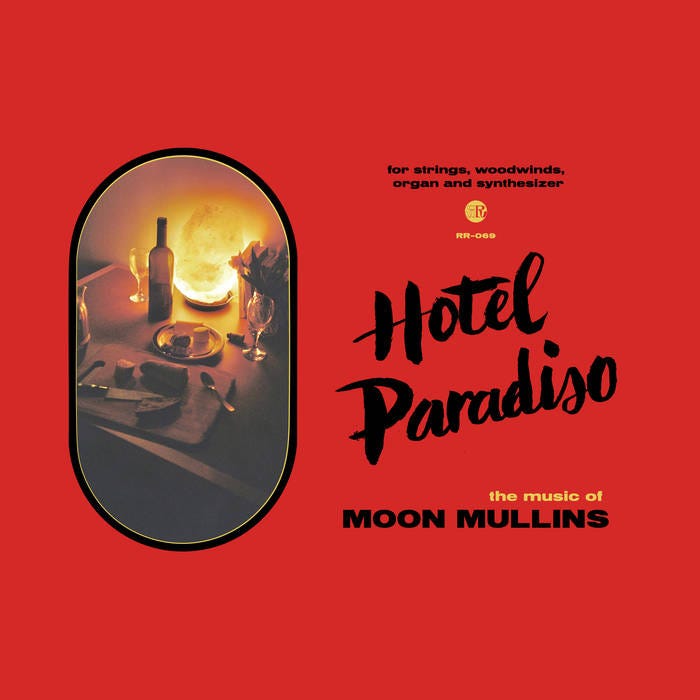
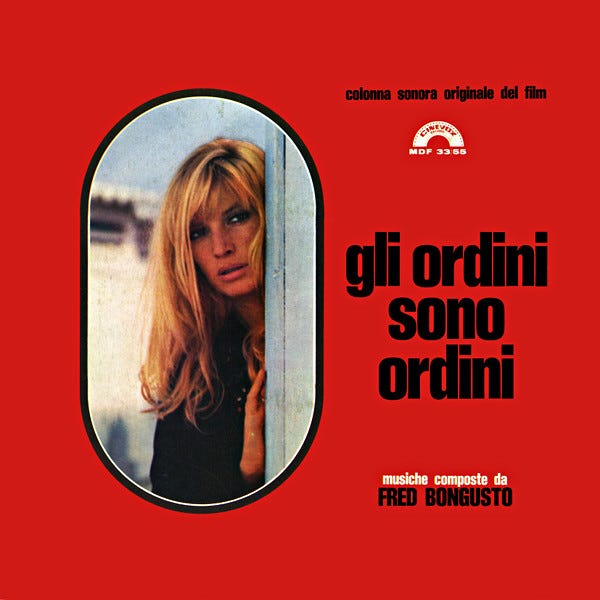
Who created your version of the cover?
She’s actually a pretty famous French painter — Nina Koltchitskaia. We met at a record store in Paris, and she had this photography project, which translates to “The Minute After” — it’s all these images of coffee shops and bars right after people leave their table.
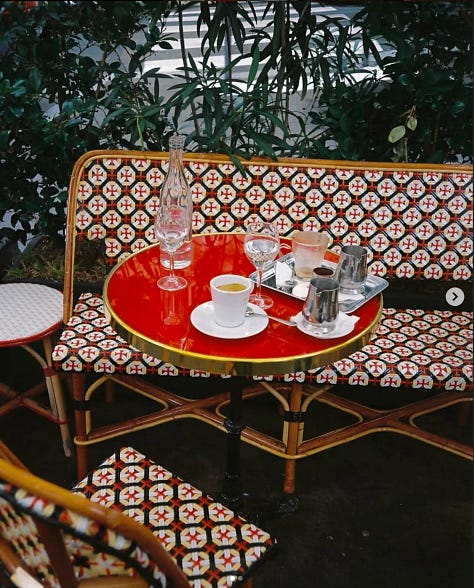
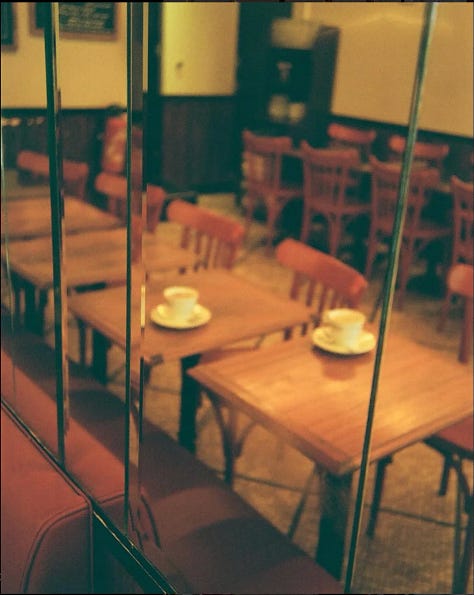
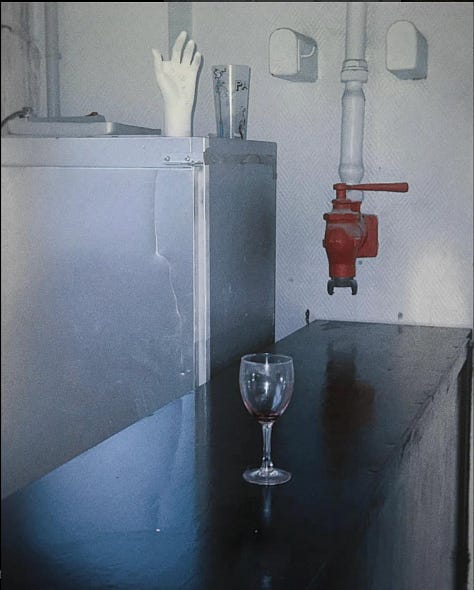
Like there’s a story already built into each photo.
Exactly.



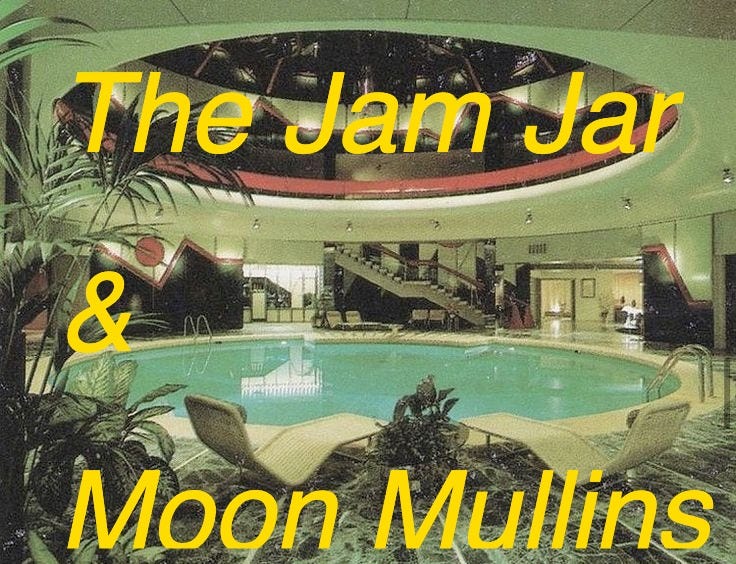

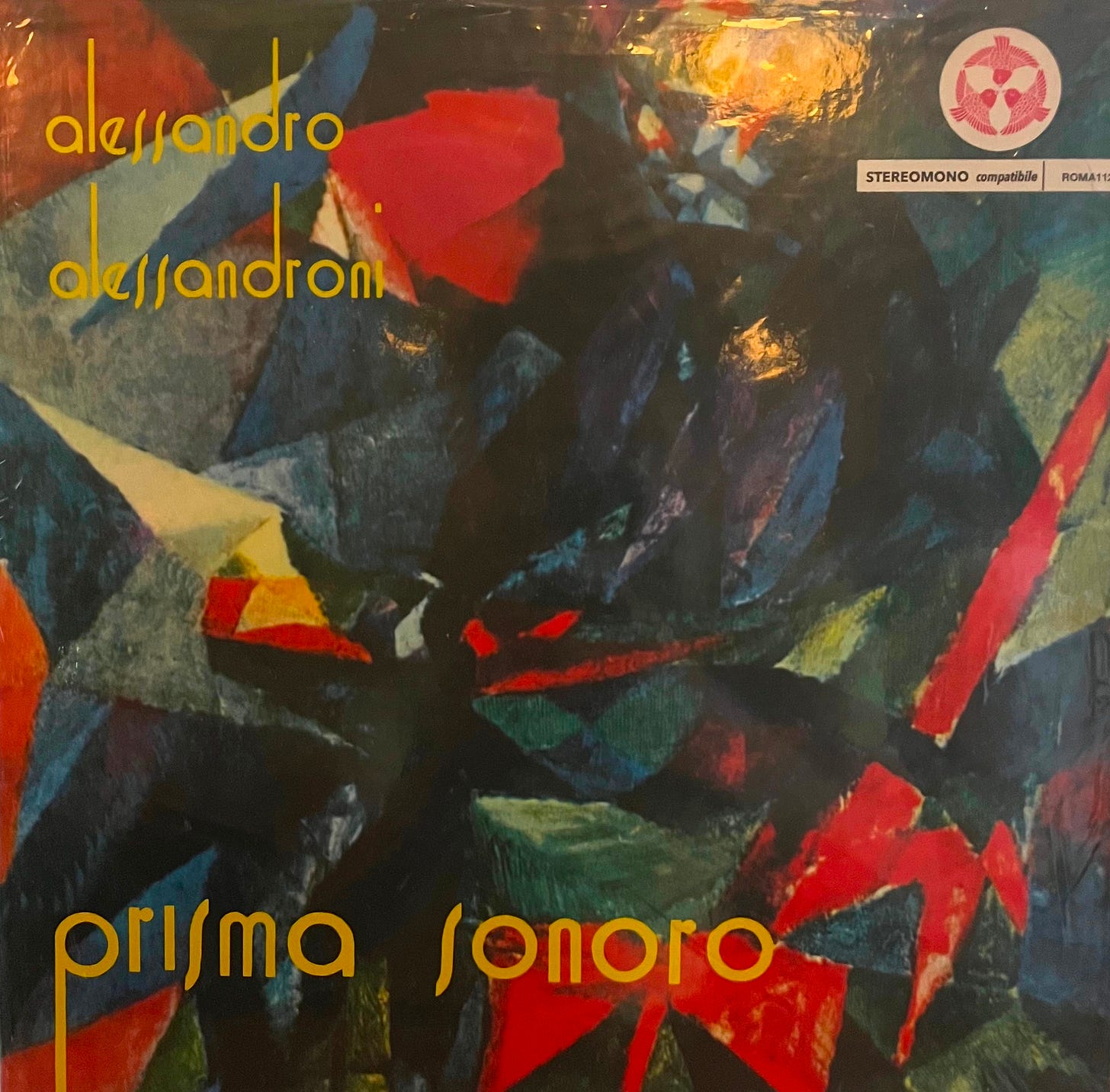
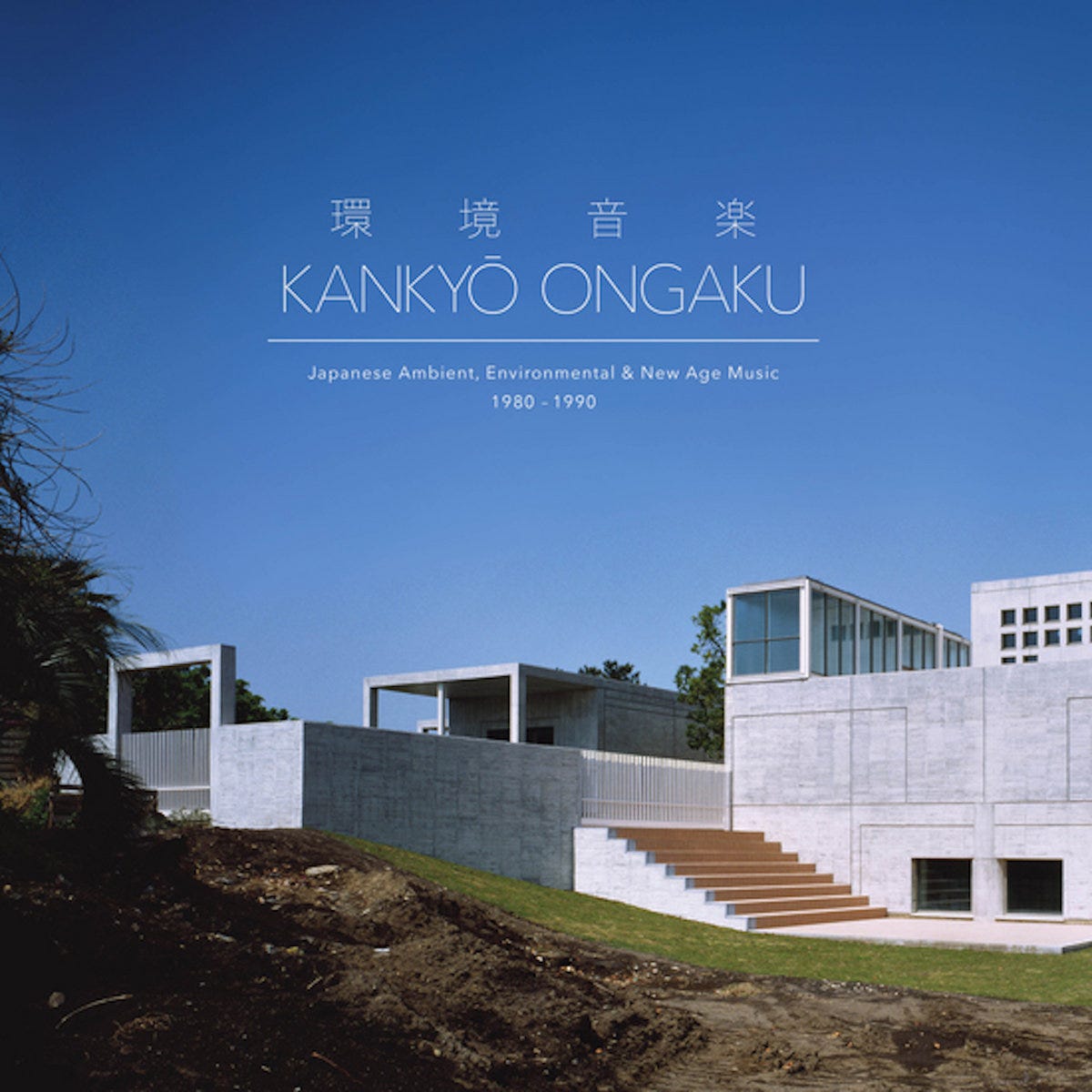


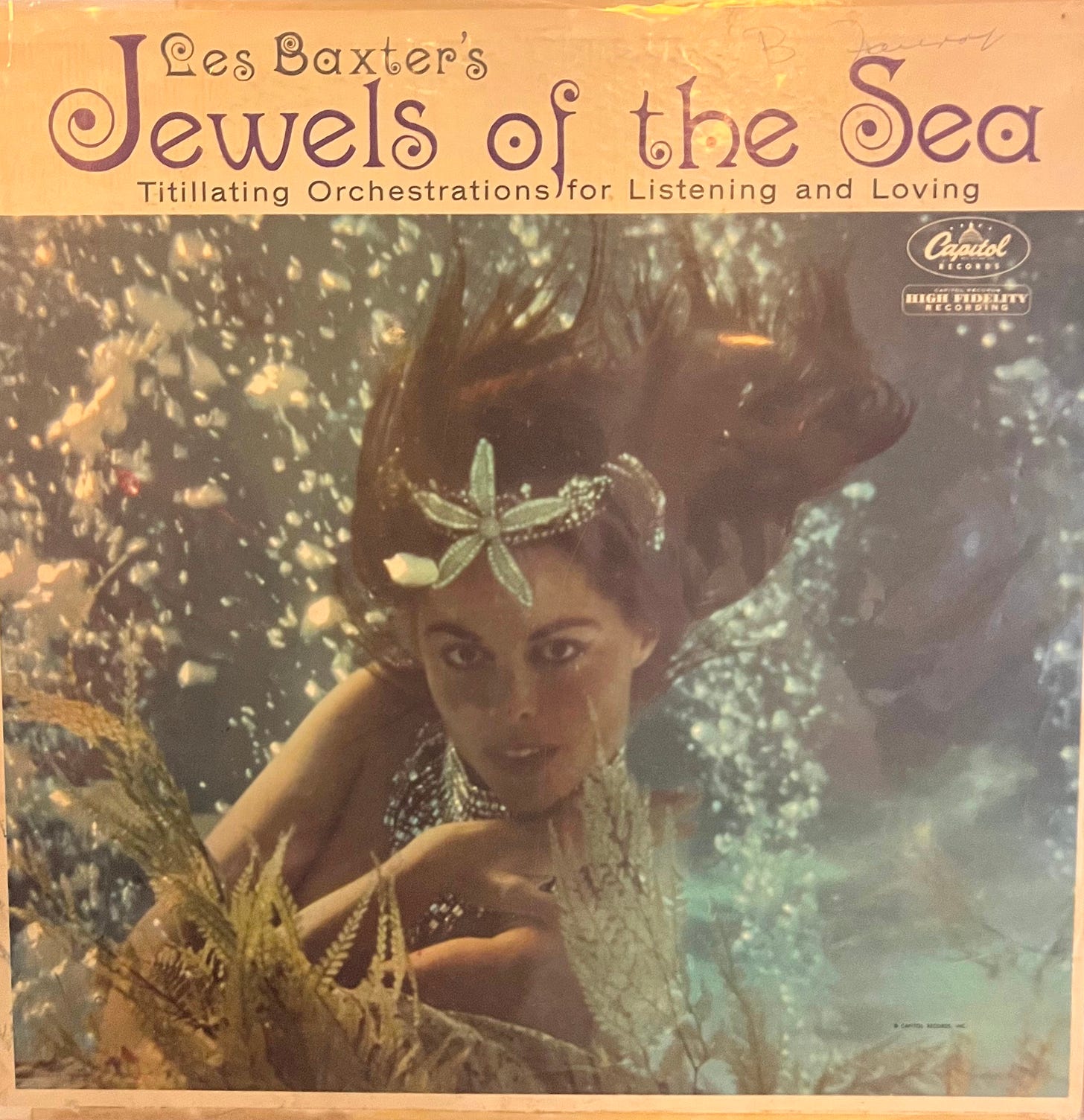

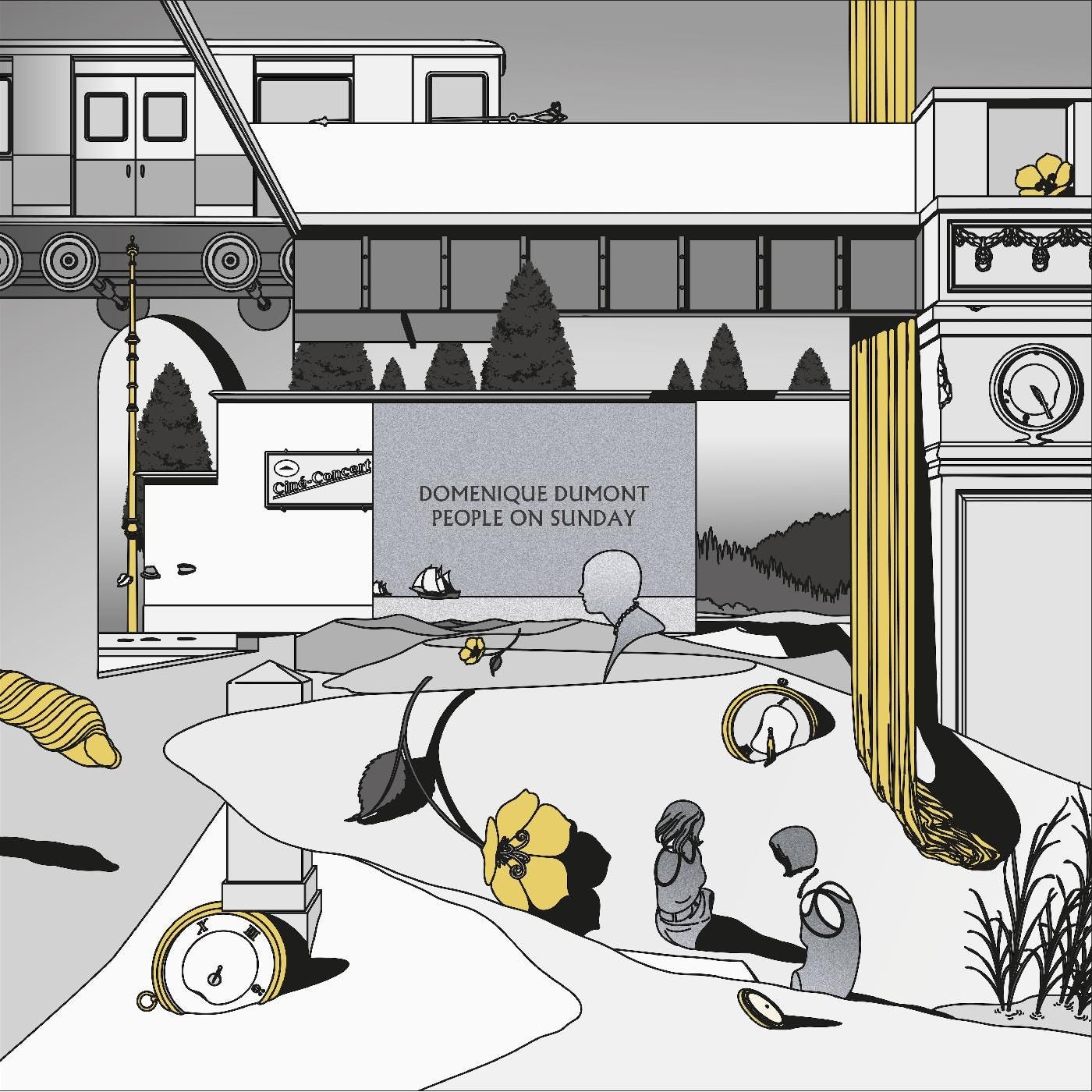
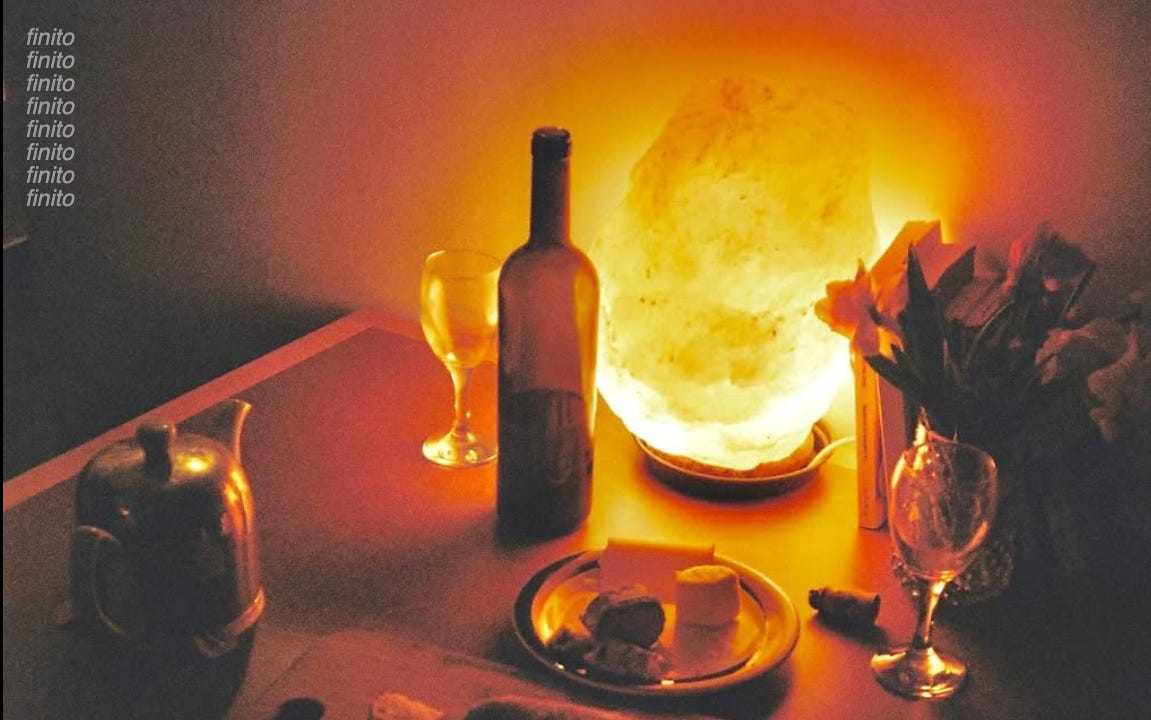
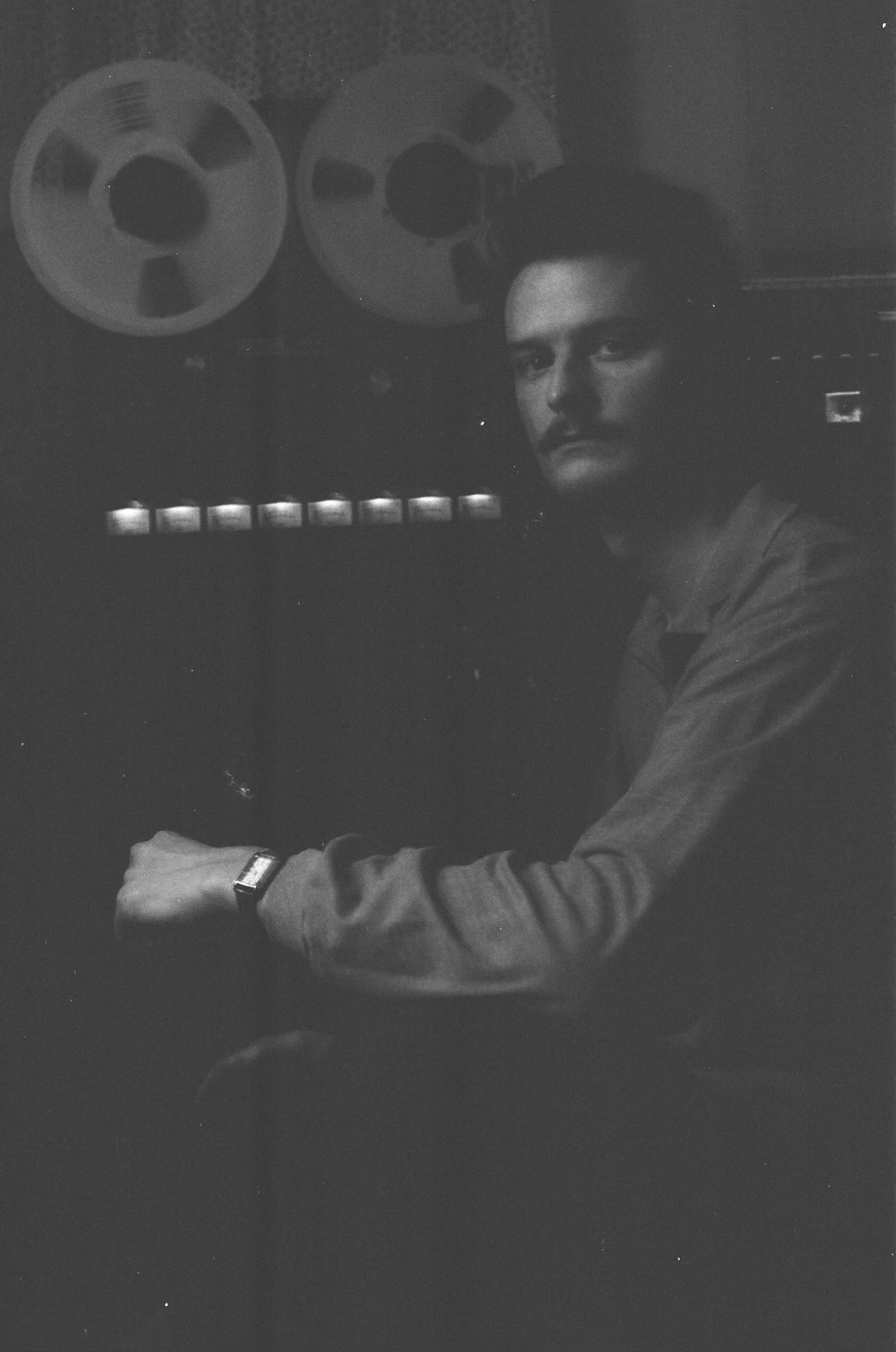
Looove Domenique Dumont! What a great read & fun listens
Such a fun interview